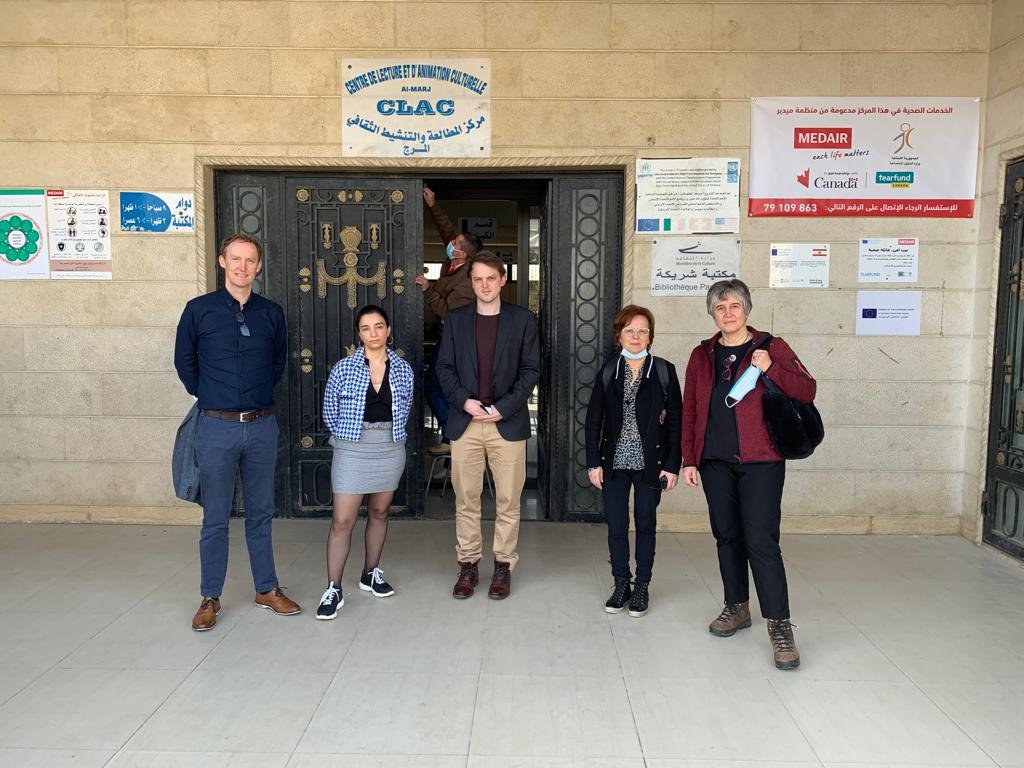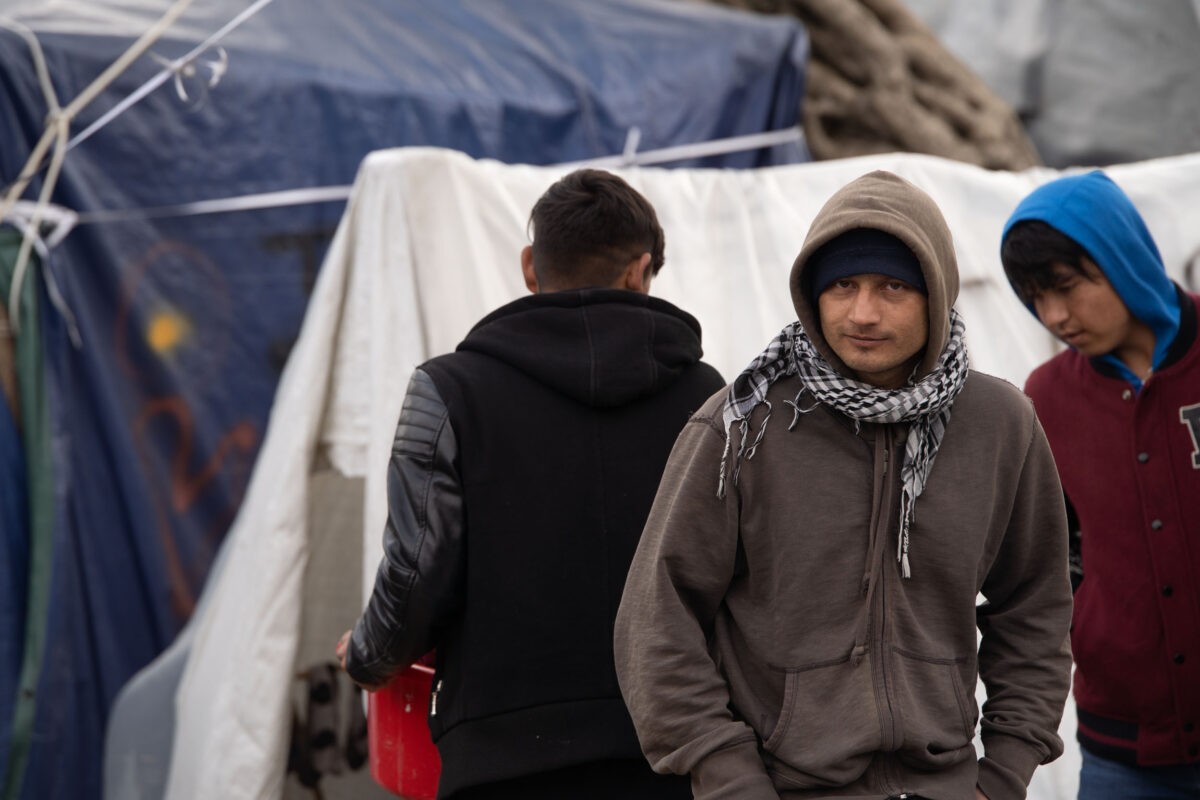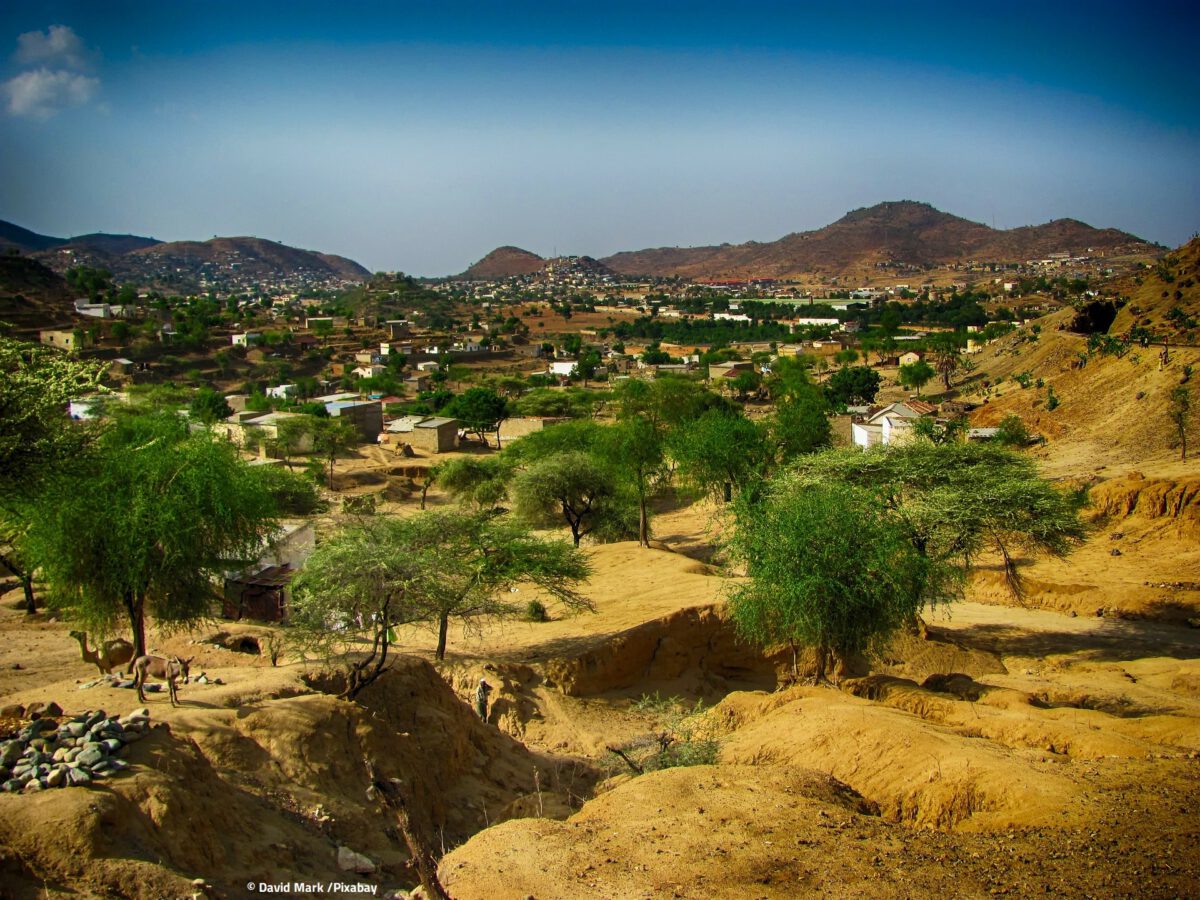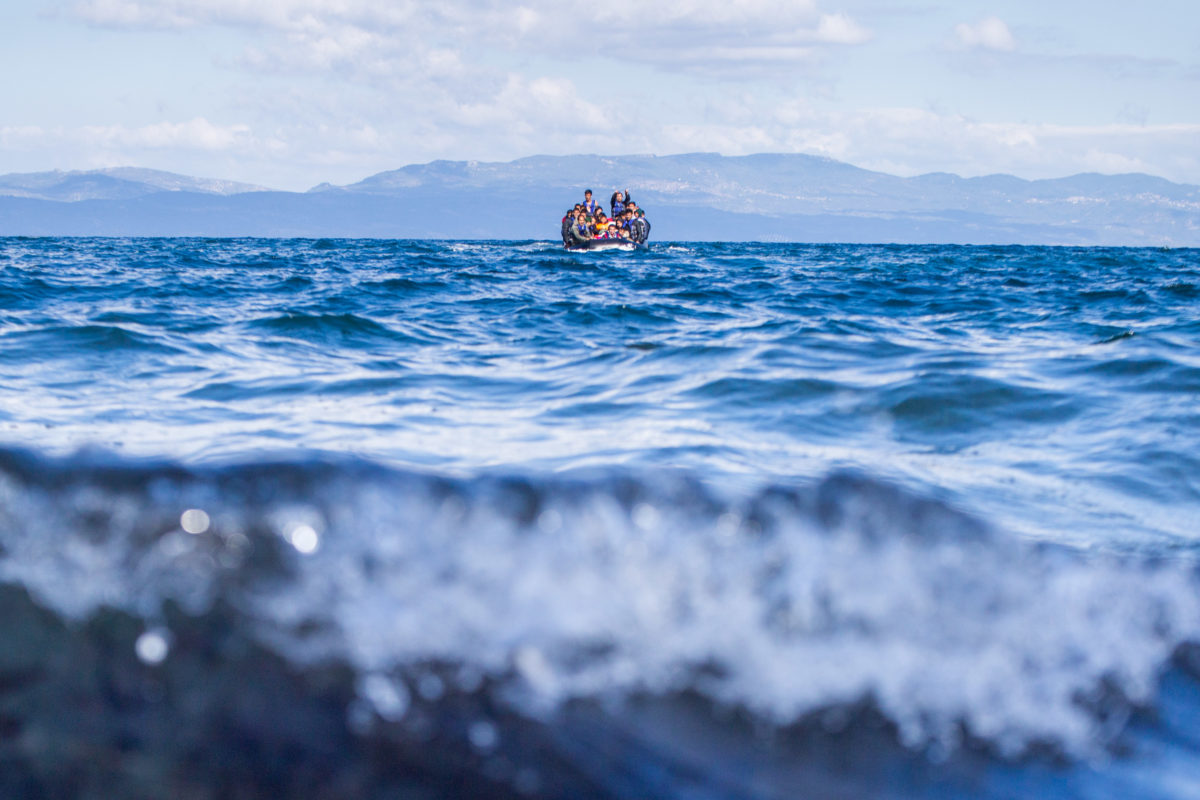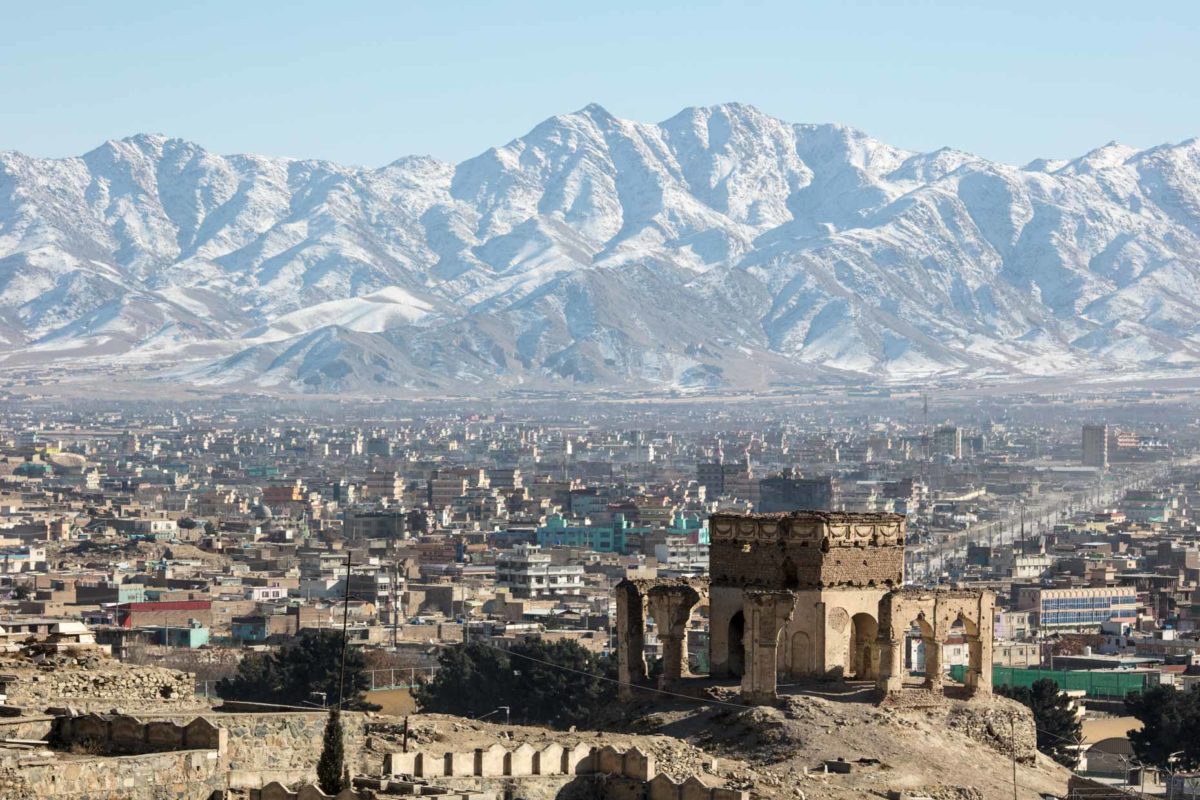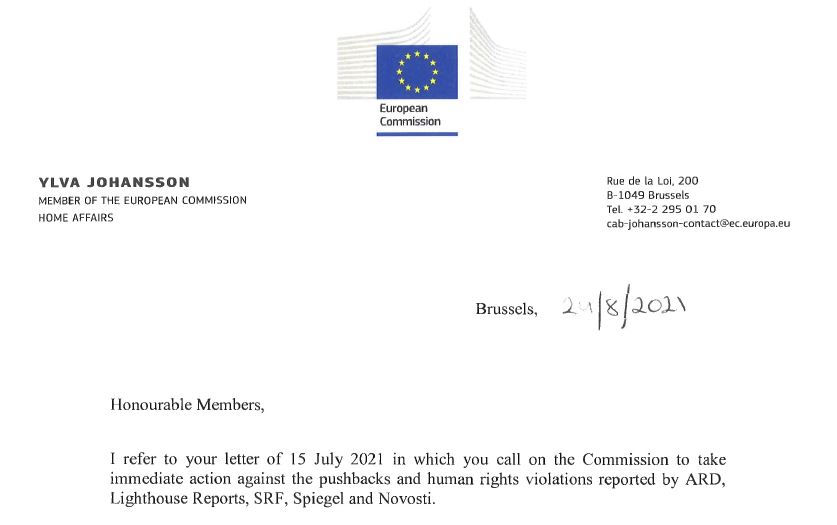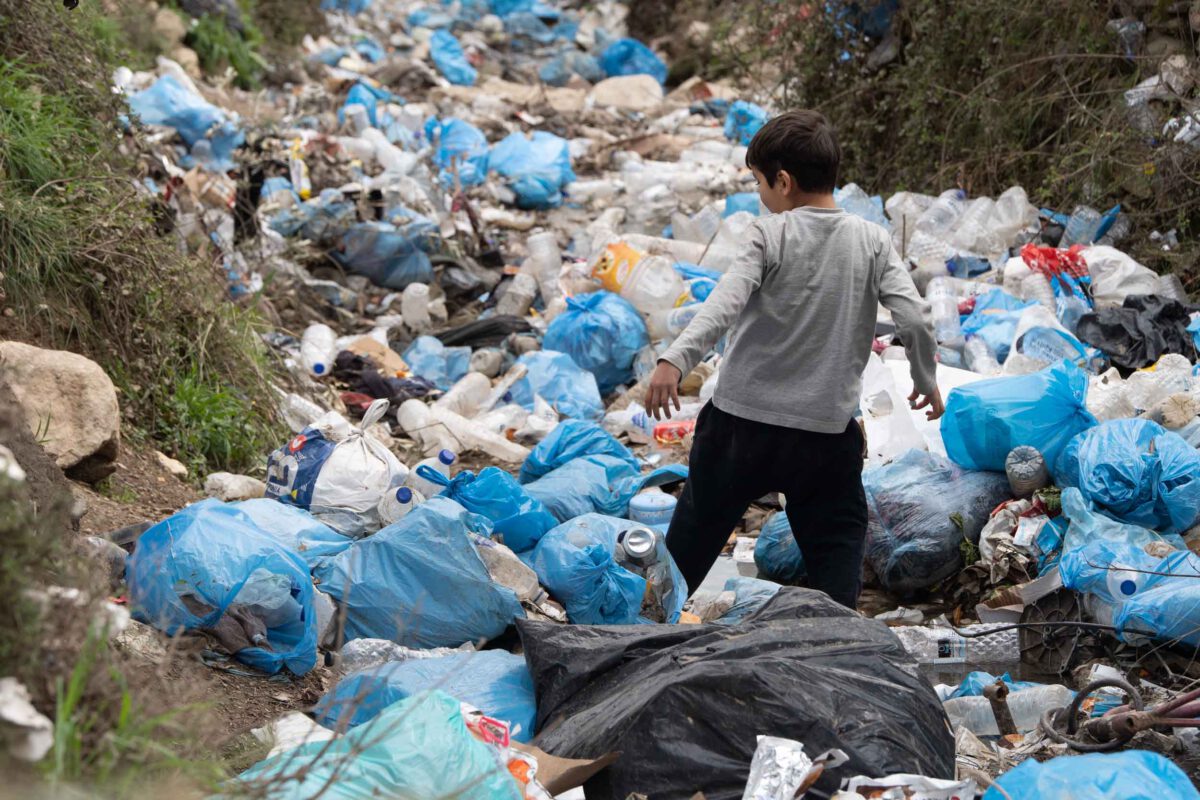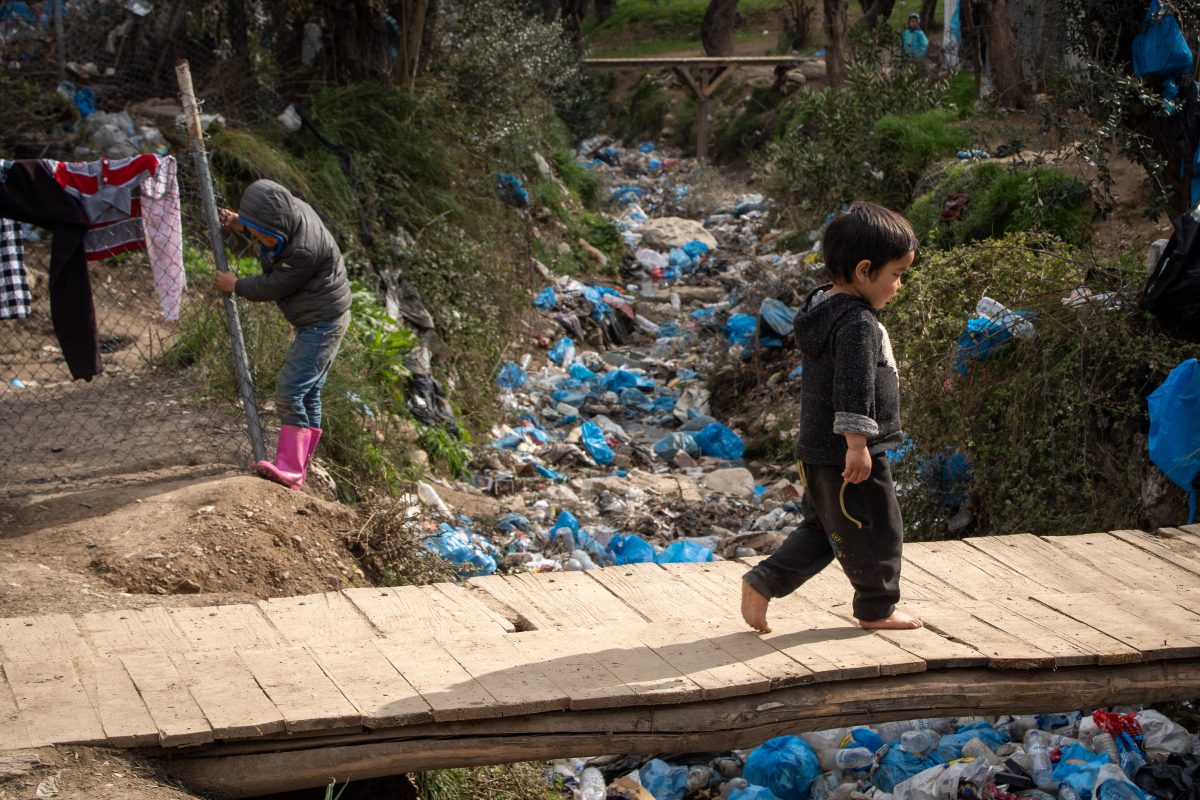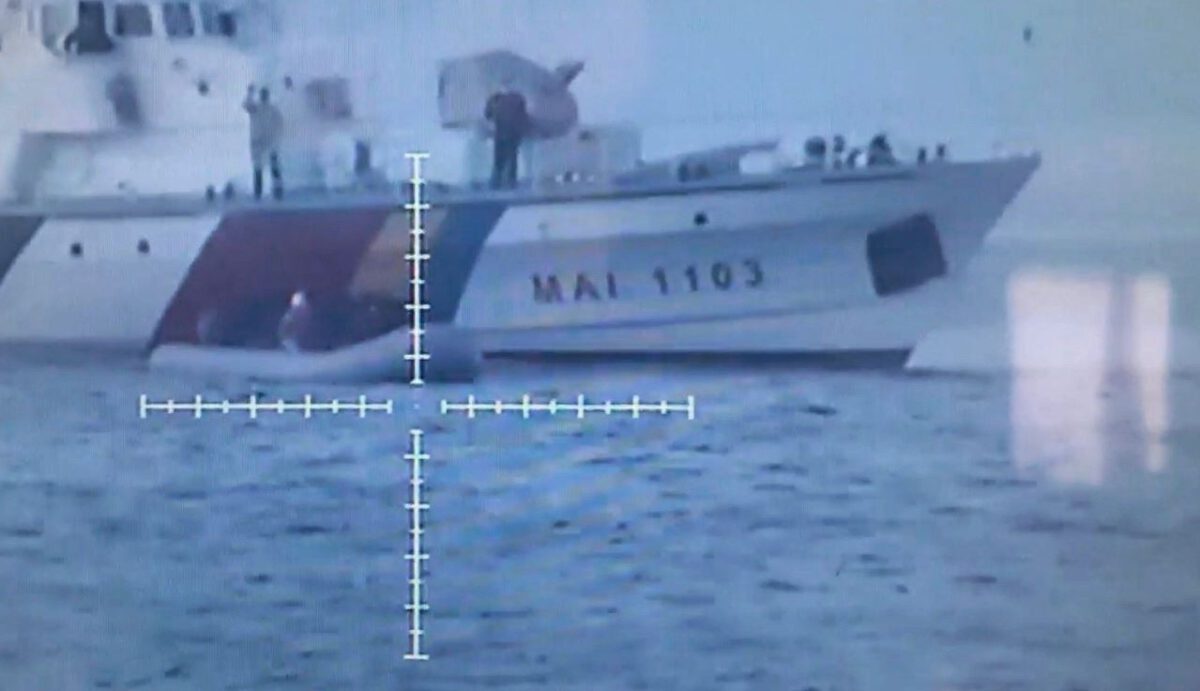Development Committee delegation trip to Lebanon
At the end of February, I was in Lebanon as head of a delegation of five members of the Development Committee to get an overview of the situation on the ground. The socio-economic crisis in Lebanon has come to a head – many people do not have sufficient access to medical care, electricity and water. Children have stopped going to school for months in order to be able to financially support their parents through work. 74 % of people are affected by poverty, although Lebanon is not a poor country. Of the 1.5 million Syrian refugees the small country has taken in, 90 % live in poverty. The population in Lebanon must be better supported in this crisis, sustainable solutions are needed.
But the situation of refugees from the Syrian civil war is also on the agenda. The vast majority of refugees are not in Europe. These people deserve that we do not only think about their fate when they have to flee further to Europe out of need and desperation. The goal of the Development Committee's trip is to speak with Syrian refugees and get a picture of their current situation. In addition, ways to find a way out of the socio-economic crisis will be discussed and what contribution the EU should make to this.
The committees of the European Parliament organize regular trips ("missions") within and outside the EU to learn about a specific topic or to attend, for example, an international conference. Suspended for a long time by the pandemic, there are now finally more opportunities again to take part in this important level of parliamentary work.
Buffeted by the economic crisis
Lebanon has been hit by a profound economic crisis, which can be illustrated by the currency collapse, among other things. Within a very short time, 1,500 Lebanese pounds to one dollar were devalued to 20,000 Lebanese pounds to one dollar. This led to a huge loss of purchasing power for the population and significant problems for the state in providing basic services. Electricity supply, which the government can provide for only one hour per day (the rest depends on individual diesel generators), is particularly problematic because it affects all sectors of society.
Healthcare and education particularly affected
Health and education are two of the sectors most affected by the crisis. Many people have to switch from private to public services due to the crisis, and at the same time there is no capacity for this increased demand: no electricity, lack of medicines and equipment, demotivated staff due to salary cuts. For example, the salary of a nurse has dropped from $600 to $40, while the cost of basic needs has increased tenfold. Emigration is increasingly seen as the only solution for young professionals.
Meetings with various aid organizations and other stakeholders
We met with a wide range of actors, starting with the EU and member states, who are supporting the Lebanese people and Syrian refugees in the country. We also met with organizations that are implementing this assistance, both UN agencies and civil society organizations. Their message was concerning: the crisis in Syria is ongoing, and Lebanon is facing its own severe crisis. There is a clear need for continued support, but also for harmonization and coordination of the many relief efforts that have been undertaken as the situation deteriorates. A multi-sectoral needs assessment is currently underway to provide as complete and up-to-date a picture as possible of existing needs. It should be completed soon and its results should lead to better coordinated actions.
Visiting projects for Syrian refugees
The delegation also visited concrete projects that provide this much-needed assistance to Syrian refugees and needy Lebanese. We traveled to Marj, Zahle and Ghazze in the Bekaa Valley, a region where a large number of Syrian refugees live. There, we visited EU-funded projects (from both ECHO and the Madad Trust Fund) implemented by local and international NGOs. These included a social development center where the NGO Medair provides health services to Syrian and Lebanese people. We also visited projects where the Danish Refugee Council and local partners provide various services and support to Syrian refugees (informal tent settlement, legal counseling) and locals, who can, for example, participate in a project to create employment opportunities for Syrians:and Lebanese:people. We also visited a center for non-formal education, where the NGO AVSI and a local NGO support the needs of Syrian children.
Meeting with Lebanese interlocutors
We also met with the Ministers of Health, Education and Social Affairs, as well as members of the National Assembly, the Governor and municipal authorities in the Bekaa Valley. In our meetings with Lebanese interlocutors and international actors, we reiterated our appreciation for the solidarity of the Lebanese people, who have been hosting some 1.5 million refugees from Syria for over a decade, representing a quarter of Lebanon's population. This has put an enormous strain on the country's infrastructure and resources. We have underscored the EU's commitment to continue supporting Syrians and Lebanese host communities, but this is not enough; the need for sustainable solutions is clear.
Far-reaching reforms are necessary
These can only be found for the displaced Syrians:inside when the situation allows for a safe and voluntary return to Syria – a condition that remains unfulfilled. For the Lebanese people, the solution to the current crisis does not require humanitarian aid, but profound reforms that can promote sustainable development in the country. The EU stands ready to accompany and support these, but the first step must come from the Lebanese leadership, which is committed to agreeing with the international community on a comprehensive reform package and implementing it.
May elections
It was not the focus of our trip – as a special election observation mission will be sent - but during our exchanges it became clear that the upcoming parliamentary (in May) and presidential (in October) elections require such a commitment to reform to alleviate the needs of a population that has shown solidarity with its neighbors and is suffering greatly from the current crisis.
You can also read my debriefing on the trip here listen (from 14:49:00), there will also be an official parliamentary report.
